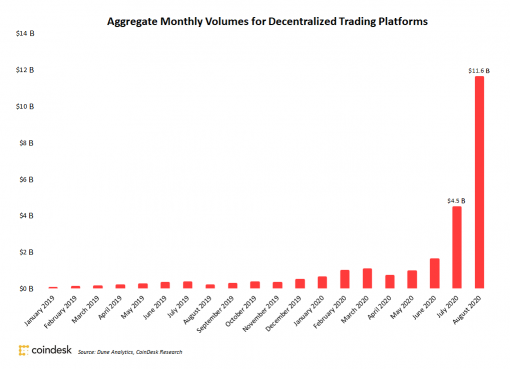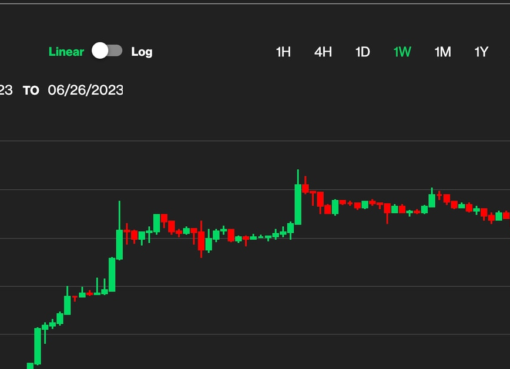The United Nations and the Dutch government announced plans to create a framework for the ethical supervision of artificial intelligence (AI).
On Oct. 5, the Dutch Authority for Digital Infrastructure and the United Nations Educational, Scientific and Cultural Organization (UNESCO) officially launched the project called “Supervising AI by Competent Authorities,” which will gather data on how European countries supervise AI.
The project has financial support via the European Commission’s Technical Support Instrument (TSI), and information collected by the project will result in a list of “best practice” recommendations.
Gabriela Ramos, the assistant director-general for social and human science at UNESCO, said this discussion is not a technological but societal.
“We are talking about the kind of world we want to live in. To shape the technological development of AI, we need effective governance frameworks underpinned by the ethical and moral values we all hold dear.”
Along with best practices, the information gathered will assist in creating future training sessions to improve “institutional capacity” on the topic.
UNESCO has already played a large role in creating ethical guidelines for AI in November 2021, which all its member states adopted.
Related: NFTs to help brewers and farmers preserve UNESCO Belgian beer heritage
These moves from UNESCO come after the European Union’s AI Act was passed in parliament in June 2023. The AI Act is a comprehensive set of rules for AI development within the EU. The bill was proposed by the European Commission in April, and after parliament overwhelmingly voted in its favor, member states will hold negotiations with the parliament to finalize details.
Since passing the bill in parliament, the EU has also introduced an initiative for AI startups in the region, which will fast-track access to supercomputers.
Individual European countries have also been considering AI regulation and development strategies. On Aug. 25, Spain announced its plans for a local AI regulation agency and a national strategy to ensure AI development in the country is “inclusive, sustainable, and citizen-centered.”
Meanwhile, in Germany, politicians and digital experts are fractured in their ideas of how to best manage and implement the technology.
Magazine: The Truth Behind Cuba’s Bitcoin Revolution: An on-the-ground report




